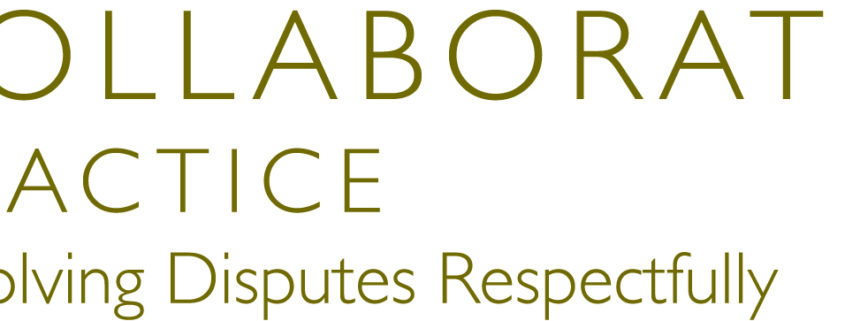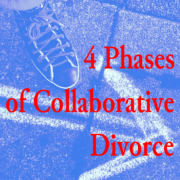Video: A Client’s View of Collaborative Divorce
After you decide to divorce, the question of how you divorce can be one of the most consequential decisions you make. You have choices. Many people hire a trial lawyer and go the traditional litigation route to fight it out in court. Usually they do this because they don’t know there are options.
In most cases, the single most humane and effective option out there is collaborative divorce. In collaborative divorce, you receive the support of your own attorney, but the attorneys are not there to fight. Rather, they are there to work together and help you figure out the best way for you and your spouse to move on with your lives as quickly, peacefully, and efficiently as possible. Other professionals are utilized to ensure everyone focuses on the future rather than the arguments that led to the divorce, as well as to aid in financial transparency.
In the video below, produced by the Tampa Bay Academy of Collaborative Professionals, a former husband, Nick, discusses his collaborative divorce:
Below is a partial transcript (lightly edited for clarity):
Tina Tenret (the Interviewer): Emotionally, what was collaborative divorce like?
Nick: Less painful than it would have been had we had lawyers at each others’ throats.
Tina: You could have very easily said, “I want to go to court.”
Nick: I absolutely would have been the party who could have said that. I understand bitterness and anger. But the collaborative process is more likely to mitigate some of that.
Tina: Tell me about the first meeting.
Nick: Having been through the process, absolutely the most vital component is the [Neutral Collaborative Facilitator]. They keep things on track. They are scrupulously neutral. And it is a great comfort to know that someone is not just looking out for you but looking out for the whole process. Had we not used a [Neutral Collaborative Facilitator], that anger and bitterness would have continued to fester in me. That would probably not have been helpful to my mental and physical health over the long term. So I think it was a great benefit to have someone to walk me and my ex-spouse through the process from beginning to end.
Tina: What did you think about the financial neutral? How did they help?
Nick: I think the financial neutral was absolutely essential to the process. All that person was interested in was the facts.
***
Tina: Was privacy important to you?
Nick: That was a concern. I’m not interested in anybody – friends, relatives, employees – knowing what my financial condition is.
Tina: Tell me about the team concept.
Nick: It was very impressive, because it wasn’t just your lawyer standing up for you. You had scrupulously neutral parties standing up for what is right for both parties.
Tina: How did you grow as person going through collaborative divorce versus litigation?
Nick: I have definitely grown. I have learned that you have to be willing to accommodate the wishes of other people. It helped that I watched the attorneys treat each other well. It helped that the [Collaborative Facilitator] and [Financial Professional] were scrupulously neutral.
Tina: And now, how are you doing, emotionally, after the divorce?
Nick: Better than I was. Not as good as I hope I will be.
Once you decide to divorce, make sure you speak to a collaborative attorney to learn about better options than traditional litigation.
Adam B. Cordover is a collaborative attorney who trains other attorneys, as well as mental health professionals and financial professionals, how to offer collaborative family law services. He is a former president of Next Generation Divorce and co-author of an upcoming American Bar Association book on Collaborative Practice.






